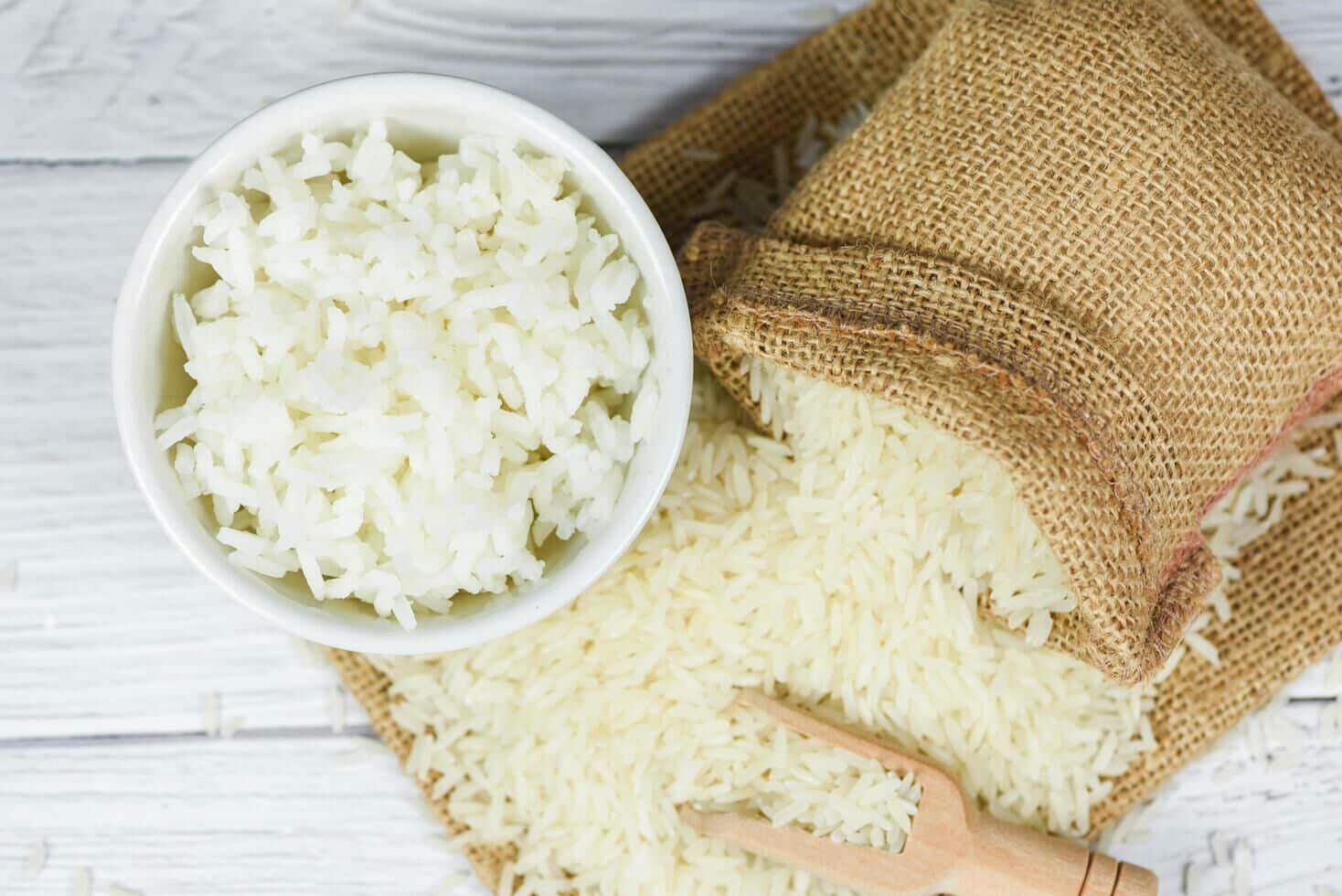Rice and fall: Thai fragrant rice at risk as US tariffs give Vietnam edge

Thailand’s Hom Mali fragrant rice faces a major threat in the US market as new reciprocal tariffs imposed by the US could see the country lose its competitive edge to Vietnam.
The Thai Rice Exporters Association has raised concerns after the US imposed a steep 36% tariff on Thai rice, which will push prices up to US$1,400 per tonne from the current range of US$900 to 1,000 (around 30,700 to 34,000 baht) per tonne.
Hom Mali President Chukiat Opaswongse pointed out that Vietnamese fragrant rice, despite facing a 46% tariff, is still priced significantly lower, between US$600 and US$700 per tonne. This price gap could drive US rice importers to switch their suppliers, especially since Vietnam’s rice is much cheaper.
Last year, Thailand exported 850,000 tonnes of Hom Mali rice to the US, compared to just 40,000 tonnes from Vietnam. However, with the new tariffs, the situation may change rapidly.
Chukiat revealed that US rice importers have already bought around 100,000 tonnes of Thai rice ahead of the tariff imposition, but he warned that, with such a large price difference, they might soon turn to Vietnam instead.
To counter this shift, Chukiat is urging authorities to assist Thai rice exporters and expedite trade negotiations with the US to prevent further damage.

The tariff issue is not limited to rice alone. People’s Party Deputy Leader Sirikanya Tansakul added that the US move is not just about reducing its trade deficit with Thailand but also about encouraging US investors to bring production back to the US.
“If we do nothing, Thailand’s GDP growth could shrink by over 1%. But if we negotiate a tariff reduction to 25%, GDP growth may only fall by 0.8%, or by just 0.3% if we can bring it down to 10%.”
Thai exports facing the brunt of these tariffs include communications equipment, car tyres, computer disc drives, and electrical appliances. Sirikanya also warned that foreign investors may hold off on investment plans in Thailand until the situation stabilises.
She called for a focus on the service sector, where US companies have long enjoyed a trade surplus with Thailand, to mitigate potential losses, reported Thai PBS World.
As the tariff battle continues, Thailand’s rice export market—and overall economy—hangs in the balance.
Latest Thailand News
Follow The Thaiger on Google News:


























